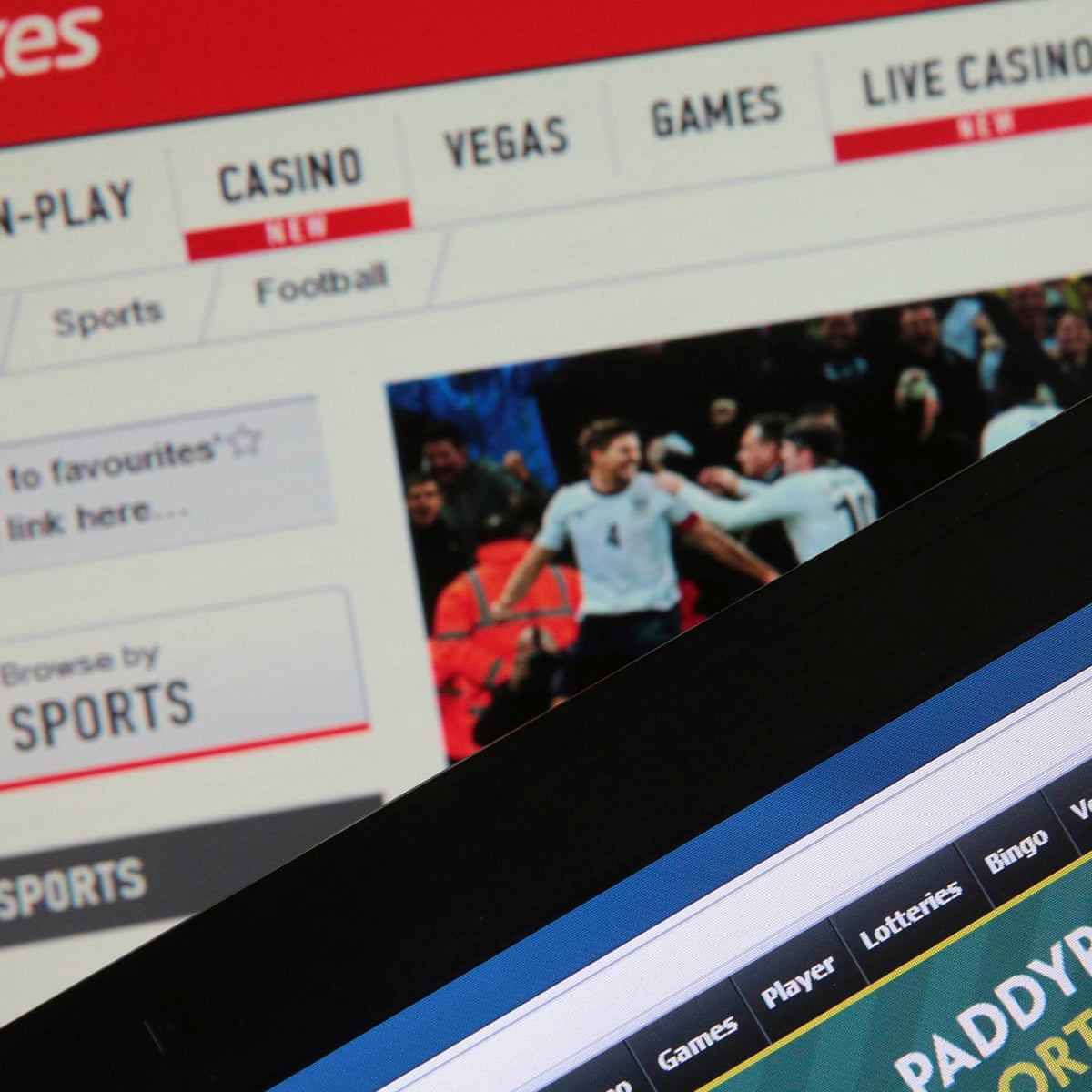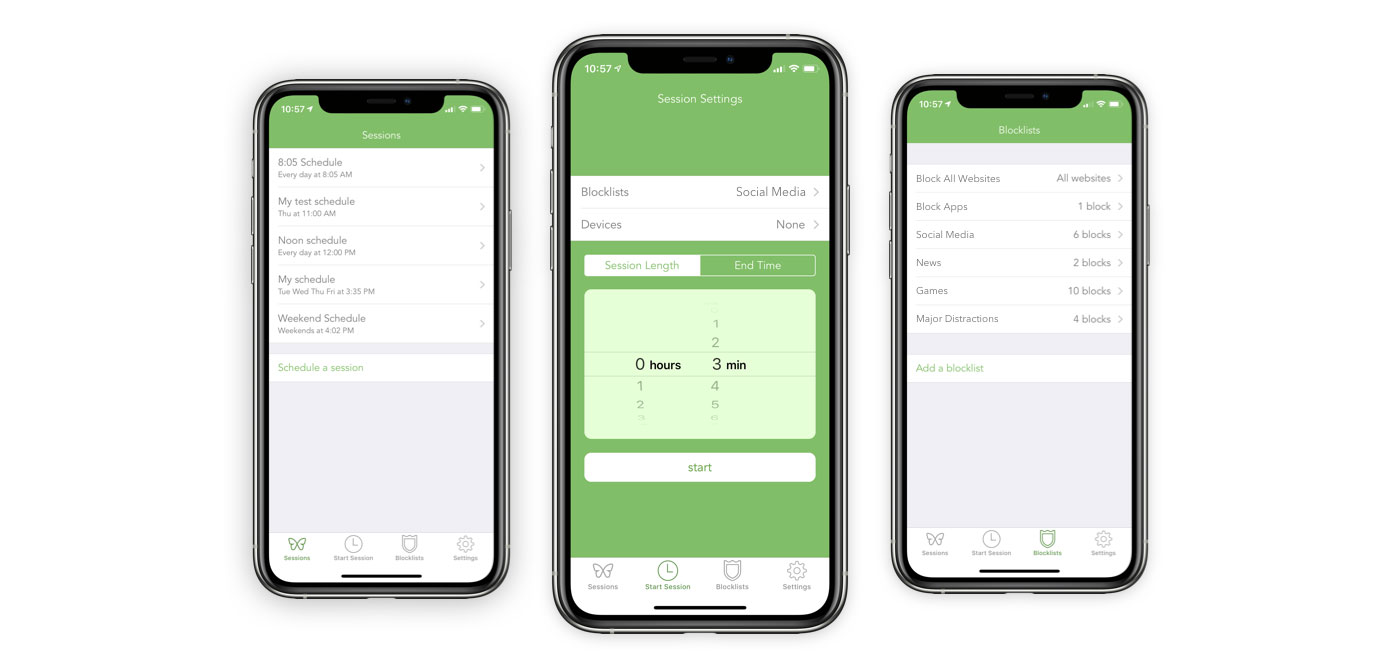Best App To Quit Gambling
Gambling Therapy has created a free app to give you access to a collection of tools and information to help you identify and overcome problem gambling.


'This will put an end to your habit and – with the help of your confidant – you will be more likely to stay away from the gambling websites and apps than had you attempted to quit by yourself. On every eligible purchase, you get amazing cashback from SavingStar. If you want to earn from receipt scanning, this one is the best app for you. If you click a picture of the receipt and then upload, you will be paid for it. You only need $5 in your account to withdraw money.

Download the GT app if you feel that any of these things describe you or someone you care about:
- you feel that you are preoccupied with gambling
- previous attempts to cut or stop gambling have failed
- you feel the need to increase your bets
- you gamble when you feel stressed or upset
- you gamble to try and win back your losses
- you attempt to conceal the extent of your gambling
- you struggling financially because of your gambling
- your relationships are suffering because of your gambling
Problem gambling (sometimes referred to as gambling addiction) is an urge to gamble despite mounting negative consequences. The Gambling Therapy app has been designed to help those that are struggling with problem gambling by providing easy to access information and straightforward tools.
Key features of the GT app
- self assessment questionnaire
- text based live support
- mindfulness and self help exercises
- crisis support information
- daily motivational quotes
- links to blocking software
- directory of organisations that can help
- access to the GT online forums
It is quick and simple to download the app. Scan the QR code below by pointing your smart-phone camera at it, or search for “Gambling Therapy” in the App store on your device.
By Jaime Costello, The New York Council on Problem Gambling
It’s been shown that for most, the best combination of treatment for gambling disorder is a combination of self-help/12-step program with treatment through a trained clinician. However, as we know, we are all individuals who require individual recovery. A review here of some of your options, as well as tips for getting started. Then, we invite your questions about treating compulsive or problem gambling at the end.
Trying to stop gambling? There are many paths to recovery!
Help for problem gambling comes in many forms. These can include:
- Self-help methods
- Step-based programs like Gambler’s Anonymous
- Professional counseling including motivational interviewing and cognitive behavioral therapy.
In fact, you might need to try a variety of methods to determine which works best for you. If you’re looking to connect with a trained counselor, you can call the NY HOPELINE at 1-877-8-HOPENY or you can visit the KnowTheOdds Support Directory to find help in your local area.
In the meantime, it can be expected that some days your recovery may seem easy, and other days the urge to gamble will seem irresistible. There are a number of lifestyle changes you can make to help avoid gambling situations and provide you with healthy alternatives for spending your time and money and for reacting in times of both stress and celebration. Some tips for getting started and actively quitting gambling follow.
6 Tips to begin a recovery from gambling
1.Write a goal statement.
Consider why you decided to quit gambling. Do you want to be healthier? Do you want to spend more time with your family? Do you want to learn how to effectively deal with your emotions, instead of using gambling to escape? Be specific with your goal statement so that you know when you are on the right track to success. When you are writing your goal statement, think about the things you would lose if you continue to gamble, and also the benefits you will gain from quitting. When you are feeling the urge to return to gambling, revisit your goal statement in order to remember why you decided to stop gambling in the first place.
2. Identify your triggers.
Think back to the times you gambled, and ask yourself, “Why/when did I gamble?” Did you gamble in times of stress, or in times of celebration? Was it when you were bored, or when you needed money? Understanding the reasons for your gambling will help you to identify ways to cope with those situations before you encounter them in your recovery.
3. Talk to your friends and family.

Recovery is a time of healing. A time to repair the relationships that have been damaged or lost during your addiction. Talking to your family about your addiction and recovery can be difficult, but it is essential to have a strong system of support throughout your recovery. So, what do you say to your family members? Some topics might include gambling disorder as a disease and explaining to them what you need from them (support, not to enable, etc.). It’s important to remember, if your gambling disorder has damaged relationships, it will take work and time to repair those bonds. Your friends and family may not be ready to talk immediately. Just like you need to spend time and work on your recovery, so do your friends and family.
4. Take financial responsibility.
Gambling disorder can take a toll on a number of areas in your life (relationships, physical and mental health, employment), but we would be remiss to remember one of the obvious consequences: damage to your financial situation. Your first step is to assess your finances by listing all of the debts you owe and all of your income. After you have a good picture of where you stand, you can start to create a budget for yourself. Dealing with finances is often especially difficult for those in recovery from a gambling disorder.
Your friends and family members might be able to help you stay on track, but remember, the most important thing to your recovery and finances, is that you keep yourself from spending any more money on any form of gambling. A resource you might want to take a look at with your family/friends, is “Personal Financial Strategies for the Loved Ones of Problem Gamblers“.
5. Steer clear of other addictions.
According to the National Epidemiologic Survey on Alcohol and Related Conditions (NESARC) of pathological gamblers:
- 73.2% had an alcohol use disorder
- 38.1% had a drug use disorder
- 60.4% had a nicotine dependence
It is crucial that during your recovery from gambling disorder, you deal with any other addictions you have experienced in the past, and you stay clear of any behaviors and/or substances that have the potential to become addictive.
6. Reach out for support.
The road to recovery for gambling disorder is a long, tough road, and you need to prepared to make the best decisions for yourself and your recovery. You’ve made the first, and most important, by committing not to gamble. Your next step is to assess your recovery and to decide what’s best for you.
For more information on quitting gambling
Best App To Quit Gambling Winnings
Help is available every step of the way. Visit KnowTheOdds.org for facts about gambling disorder, tips to overcome addiction, and contact information for organizations across New York State who can help you overcome your gambling addiction. As always, the NYS HOPEline is also available 24 hours a day, 7 days a week, 365 days a year, for support and referral services: 1-877-8-HOPENY (1-866-846-7369).
And please leave your questions in the comments section below. We try to respond to all legitimate queries with a personal and prompt reply.